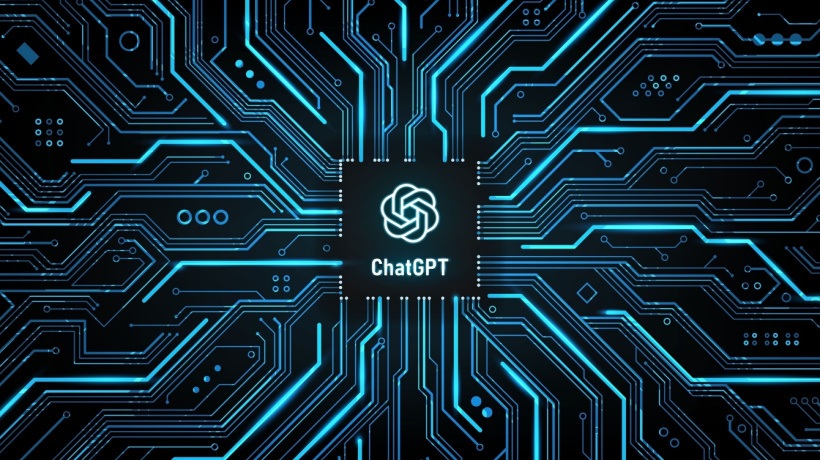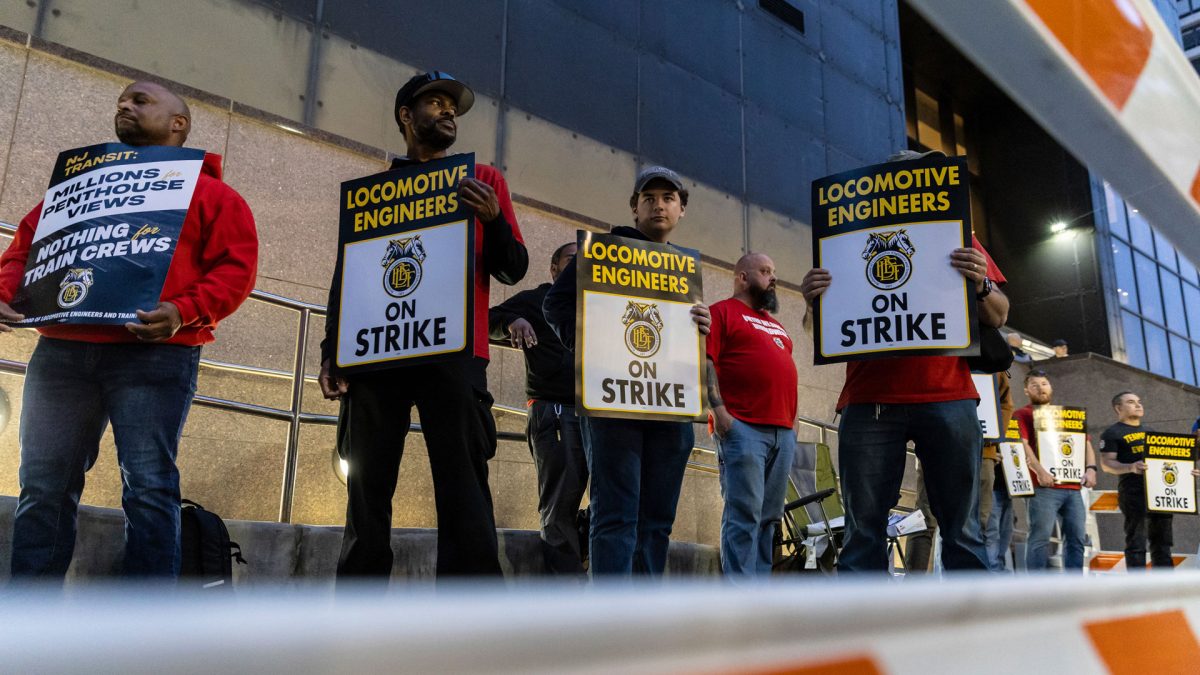On December 27, 2023, The New York Times sued OpenAI for copyright infringement. The lawsuit, filed in Federal District Court in Manhattan, claimed that Open AI was using millions of articles from The New York Times to train their famous chatbot, ChatGPT. The New York Times claimed that ChatGPT was now competing with the news resource as a source of information.
Artificial intelligence seems to know everything. The chatbots are fed all sorts of material over and over again until they eventually retain the information and can answer questions. When a person researches information for something, they might read things they find on the Internet over and over again until they know a lot about the topic. Artificial intelligence works in a very similar way but at a much quicker pace. The New York Times contended that OpenAI was using their articles to train OpenAI’s chatbots.
The lawsuit doesn’t have an exact monetary demand, but it states that defendants should be held responsible for “billions of dollars in statutory and actual damages” due to the “unlawful copying and use of The Times’ uniquely valuable works.” The lawsuit demands that OpenAI destroy any chatbot that uses material from the Times.
The Times claimed that they discussed their concerns with OpenAI back in April of 2023 and tried to resolve the issue amicably. This discussion may have involved a commercial agreement as well, but these talks never produced a solution.
On January 8, 2024, the OpenAI website released a statement regarding the matter. In this statement, they stated, “While we disagree with the claims in The New York Times lawsuit, we view it as an opportunity to clarify our business, our intent, and how we build our technology.” Additionally, they claimed that “‘regurgitation’ is a rare bug that [they] are working to drive to zero” and that The New York Times was not telling the full story.
OpenAI also claimed that their last correspondence with The Times occurred on December 19th. They discussed a “high-value partnership around the real-time display with attribution”. Regarding the lawsuit, OpenAI claimed that “their lawsuit on December 27—which we learned about by reading The New York Times—came as a surprise and disappointment to us.” OpenAI also insisted that the regurgitations mentioned by The New York Times were from old articles that had been used on many other third-party websites. OpenAI accused The Times of “intentionally [manipulating] prompts, often including lengthy excerpts of articles, to get our model to regurgitate.”
Although there hasn’t been any more information regarding the lawsuit since OpenAI shared its statement, it’s possible this lawsuit could be the end of ChatGPT and numerous other plans for large artificial intelligence firms. If the court case proceeds and determines The Times’ claim is valid, it would essentially force OpenAI and companies like it to destroy their database of information that their algorithms rely upon to create responses. At that point, OpenAI would either be forced to create its database of original content or close its doors because it would no longer have a legal cache of information to rely upon.
This New York Times lawsuit has the potential to change the future of artificial intelligence. It questions who owns and has the right to information provided on the web and who can use it without paying a fee. OpenAI investors risk losing over eighty billion dollars and the public losing one of its favorite sources of information and resources.












